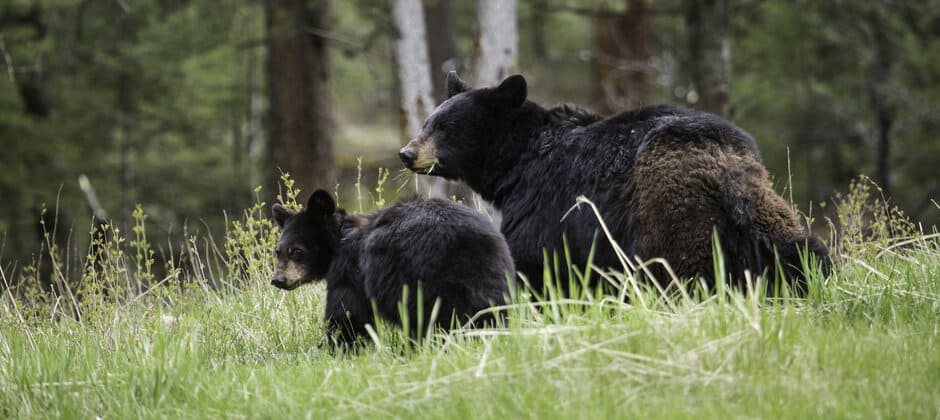Share this article
Recovering America’s Wildlife Act heads to Senate floor
The U.S. Senate Committee on Environment and Public Works advanced the Recovering America’s Wildlife Act (S.2372) in a 15-5 bipartisan vote during this week’s full committee markup on the legislation. The bill now advances to the Senate floor for consideration.
“Today’s committee action takes us a significant step closer to passing this critical conservation legislation into law,” said Caroline Murphy, government relations manager at The Wildlife Society. “The Wildlife Society and our members thank the committee for their diligence in supporting America’s wildlife professionals and the species they conserve.”
In the days preceding the vote, TWS staff, chapters, members and conservation partners reached out to congressional offices, encouraging committee members to attend the markup in support of the bill. This focused outreach effort occurred alongside continual engagement opportunities offered through The Wildlife Society’s Recovering America’s Wildlife Act action center.
During the markup, Sen. Tom Carper (D-Del.), chair of the Senate EPW Committee, expressed support for the bill’s intent, and presided over a handful of amendments to the bill for committee consideration.
“While I believe we still need to find a way to pay for the bill as it moves to the [Senate] floor, we have a moral imperative to conserve all of the species with which we share this planet with,” Carper said in his opening statement.
Discussions between majority and minority offices arose during the markup to determine a path forward for not only state and tribal conservation efforts, but federal conservation efforts. Following that discussion, Chairman Carper introduced a major amendment the committee entertained and agreed on.
In part, the amended language he suggested would provide a multi-year ramp up in funding for state fish and wildlife agencies, starting with $850 million in the first year of the program, and increasing to the originally proposed $1.3 billion annually by the bill’s fourth year in operation. Tribal funding would not be subject to this ramp up, with $97.5 million annually provided to tribes as soon as the legislation is passed.
Cost savings from this multi-year ramp up would amount to $750 million. Under the newly adopted language, this $750 million would go toward the establishment of the Endangered Species Recovery and Habitat Conservation Legacy Fund, used to get species off the federal Endangered Species Act.
The funding would more specifically be used for the development of threatened and endangered species recovery plans, private lands conservation efforts, voluntary conservation agreements and ESA interagency consultation requirements. Money from the fund would not be able to be used to make any listing or critical habitat determination relating to the status of a species; to acquire any federal land; to establish or recover non-essential experimental populations; or to conserve species outside the United States or its territories.
The amended language also establishes additional methods to ensure accountability for the intended use of Recovering funds. The revised language places a 3% cap on administrative fees collected by the USFWS and mandates a Government Accountability Office study be conducted within seven years of enactment to examine the progress of states toward implementation of the act.
If passed into law, the legislation will, for the first time in U.S. history, provide permanent, dedicated funding to state and tribal agencies to proactively conserve at-risk species.
“With the Recovering America’s Wildlife Act almost at the finish line, now is the time to renew our congressional outreach efforts and increase bipartisan support” Murphy said.
The legislation now heads to the Senate floor for consideration. In the coming weeks, check out TWS’ action page for updates and opportunities to engage in the passage of Recovering America’s Wildlife Act.
Header Image: American black bears (Ursus americanus) were identified by 10 states as species of greatest conservation need. Credit: Neal Herbert/NPS








